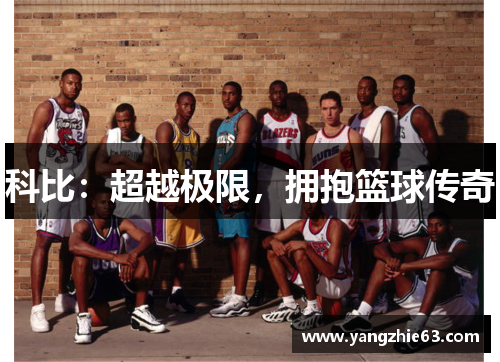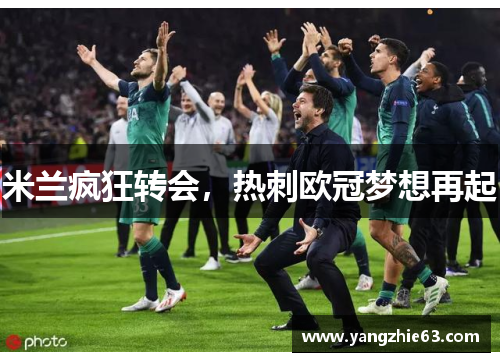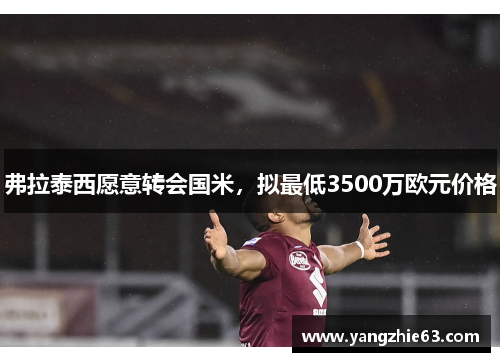In the sports field, the issue of athletes lacking responsibility or being unfairly treated leading to referee disputes has always been a topic of exploration. This article aims to delve into this topic and provide a comprehensive analysis of the different aspects involved. From examining the implications of athletes' responsibility to the impact of unfair treatment on referee decisions, this article will shed light on the complexities of this issue.
1、Exploring Athletes' Responsibility
Responsibility is a crucial aspect of being an athlete, as it not only affects their performance but also reflects their professionalism. Athletes who lack responsibility may jeopardize their own career and the reputation of their team. It is essential for athletes to understand the importance of fulfilling their obligations both on and off the field.
点点taptapA lack of responsibility can lead to serious consequences, such as missed training sessions, poor performance in competitions, and even legal issues. Athletes who shirk their responsibilities not only let themselves down but also their teammates, coaches, and fans. It is vital for athletes to uphold a strong sense of duty towards their sport and adhere to high standards of conduct.
Furthermore, athletes who demonstrate a lack of responsibility may also face disciplinary actions from sports organizations. These penalties can range from fines to suspension from competitions, impacting not only the athlete but also their team's chances of success. Therefore, it is crucial for athletes to recognize the significance of their responsibilities and strive to fulfill them to the best of their abilities.
2、Impact of Unfair Treatment on Referee Disputes
Unfair treatment towards athletes can have a significant impact on referee disputes during competitions. When athletes feel they are being unfairly treated, they may become frustrated and agitated, leading to conflicts with referees. This can disrupt the flow of the game and create a hostile atmosphere on the field.
Referees play a crucial role in ensuring fair play and upholding the rules of the game. However, when athletes perceive bias or discrimination from referees, it can erode their trust in the fairness of the competition. This mistrust can escalate into disputes between athletes and referees, compromising the integrity of the game.
Moreover, unfair treatment towards athletes can also affect the outcome of referee decisions. Athletes who feel they are being unfairly targeted may question the legitimacy of referee calls, leading to protests and appeals. This can result in delays in the game and create a contentious environment that detracts from the spirit of sportsmanship.
3、Case Studies and Examples
Several high-profile cases have highlighted the issue of athletes lacking responsibility or facing unfair treatment in sports. From doping scandals to match-fixing allegations, these incidents have raised questions about the ethical standards of athletes and the integrity of sports competitions.
One notable example is the case of a renowned athlete who was found guilty of doping and stripped of their medals. This incident not only tarnished the athlete's reputation but also cast a shadow of doubt over the fairness of the competition. It serves as a stark reminder of the consequences of athletes failing to uphold their responsibilities and the impact it can have on the sporting community.
In another instance, a team was accused of colluding with referees to manipulate match outcomes. This revelation shocked the sports world and sparked a debate about the prevalence of unfair practices in sports. It underscored the need for transparency and accountability in sports organizations to prevent such incidents from recurring.
4、Strategies for Improvement and Conclusion
To address the issue of athletes lacking responsibility or facing unfair treatment, sports organizations must implement stringent measures to uphold ethical standards and ensure fair play. This includes conducting regular drug testing, enforcing strict disciplinary actions against offenders, and promoting a culture of integrity and sportsmanship.
Furthermore, athletes must also take personal responsibility for their actions and conduct themselves with honesty and integrity. By prioritizing their responsibilities and upholding the values of sportsmanship, athletes can contribute to a more positive and ethical sporting environment.
In conclusion, the issue of athletes lacking responsibility or being unfairly treated leading to referee disputes is a complex and multifaceted one. By addressing the root causes of these issues and implementing effective strategies for improvement, the sports community can strive towards a more equitable and transparent future.







切尔西有意引进马利克-福法纳,前锋或加盟球队,加强左路进攻。
Warning: Trying to access array offset on value of type bool in /www/wwwroot/yangzhie63.com/runtime/template/5d92/deb7/6b32a40524ca84d36423.html on line 138
...